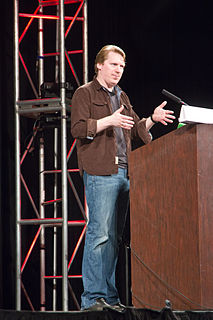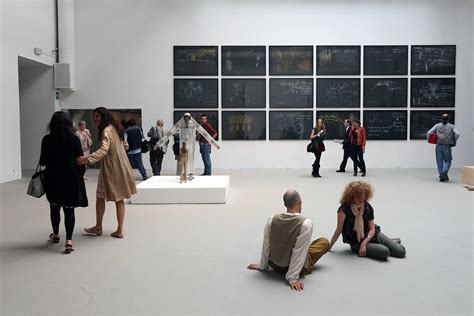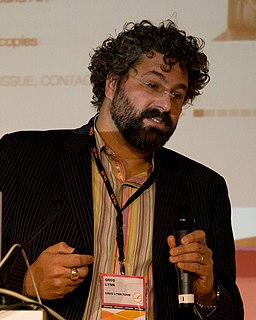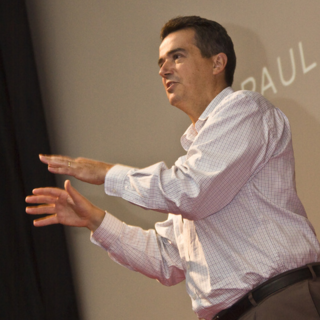A Quote by Rem Koolhaas
But now sustainability is such a political category that it's getting more and more difficult to think about it in a serious way. Sustainability has become an ornament.
Related Quotes
Sustainability has become a religion in architecture - not that there's anything wrong with it - but I think it has to work both ways. Everyone thinks architecture has to be subservient to sustainability, but what if we thought in the other direction, like, what can sustainability do to make architecture more exciting?
Sustainability is especially ripe for political controversy and opposition because fundamentally it is a new paradigm that represents significant challenges to the status quo. The paradigm of sustainability, with its notions of limitations and carrying capacities confronts dominant paradigms of progress which do not recognize limits to unchecked growth
I think we have reached a stage now where we need to find solutions to economic injustice in the same place and in the same ways that we find solutions to sustainability. Sustainability on environmental grounds and justice in terms of everyone having a place in the production and consumption system - these are two aspects of the same issue. They have been artificially separated and have to be put back again in the Western way of thinking.
The idea of sustainability can imply there is one perfect, unchanging future, if only we could work out how to get there. Resilience might be more useful, in that it assumes a dynamic environment and that perfection is impossible. You need to design systems to accommodate failure rather than eliminate it. By trying to be perfect, many visions of sustainability are quite brittle
Sustainability is not just about adopting the latest energy-efficient technologies or turning to renewable sources of power. Sustainability is the responsibility of every individual every day. It is about changing our behaviour and mindset to reduce power and water consumption, thereby helping to control emissions and pollution levels.
As a culture or a civilisation, we are a bit juvenile; it's like 'Oh, I have all this power, whoa, this is so cool, I can transform the earth and I can produce all this wealth. But we're blinded by our success in a naive way. There's more to life, actually, and I think the sustainability issue is also helpful in reminding us about that.
If sustainability is going to take hold in the corporate sector in a big way - and we need it to - it will be when it produces big profits and faster growth. It won't happen because of an optional executive commitment to an abstract concept. It will happen because sustainability is a great business strategy. And it is
Often, sustainability is discussed only in the context of energy. Energy sustainability is essential - but the word has a much broader meaning. It means long-term thinking about how we manage our businesses, invest in social spending, and plan for the future. This requires vision and leadership, and it requires citizen engagement.





































